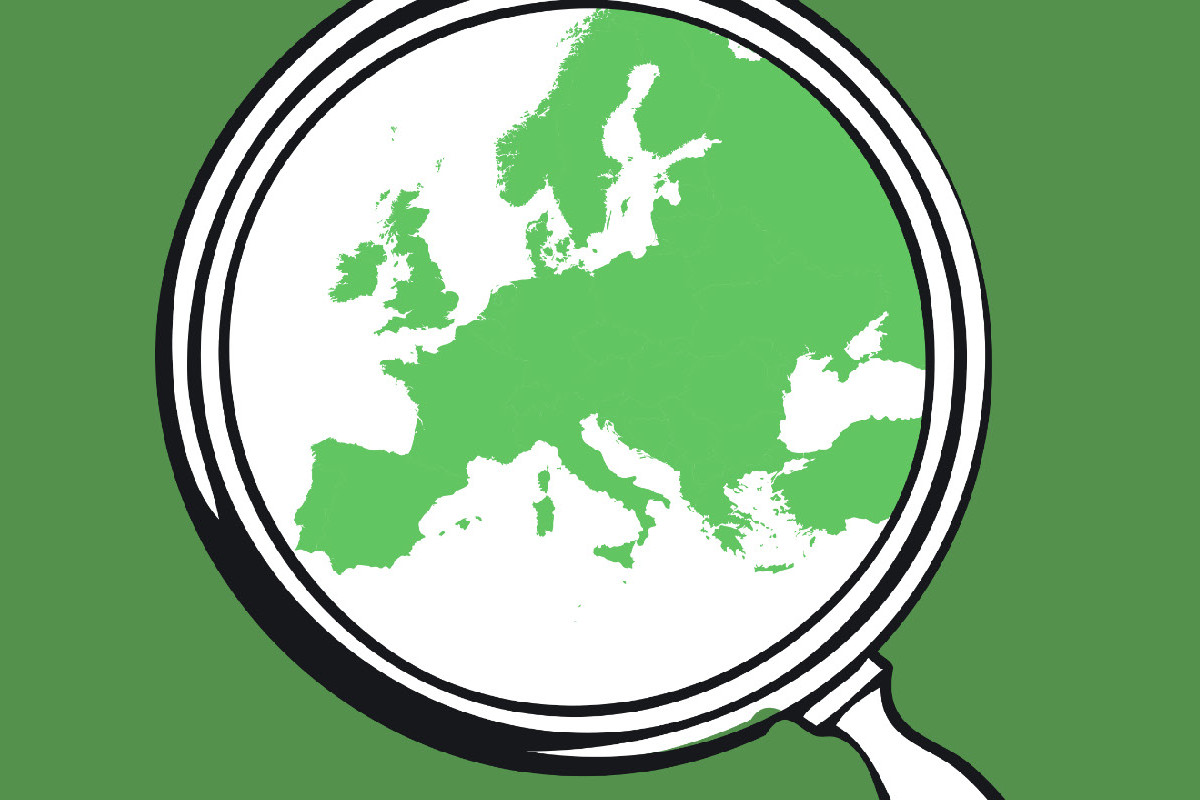Annual activity report 2022
12 October 2023
Rights, freedom and democracy: the struggle is continuous
Support our work: become a Friend of Statewatch from as little as £1/€1 per month.

Read the full report here (pdf). You can find our full annual report and accounts on the website of the Charity Commission.
Rights, freedom and democracy: the struggle is continuous
In a media and information environment dominated by clickbait, sensationalism, misinformation and outright propaganda, the work of Statewatch remains uniquely valuable for its commitment to cold, hard, facts; clear and critical analysis; and straightforward language.
In the midst of multiple ongoing crises that are, in various ways, being used to enhance state power and accelerate militarisation and ‘securitisation’ – wars, the mass displacement of people, racism, the growing normalisation of the far-right, huge increases in the cost of living, ecological devastation – we have continued to carry out our core task of providing critical research, policy analysis and investigative journalism that aims to contribute to the movements and struggles that seek to address them.
In 2022, we did so in the framework of the new strategic plan that we drew up over the course of 2021. This is the first time that Statewatch has adopted such a detailed, long-term plan. It does not introduce any fundamental changes in what we do or why, but has provided an invaluable framework and reference to guide our work, clarity over our objectives, and has already led to some important achievements.
Our first overarching objective is to strengthen civil society’s access to information. In 2022, the primary means by which we pursued this objective was by providing direct access to official documentation that would otherwise not be public: we published more than 100 documents that allow people to see for themselves what is normally discussed behind closed doors, enabling interventions by civil society organisations into secretive legislative deliberations that should take place in public, democratic fora.
Our second overarching objective is to expose and challenge new means of surveillance, coercion and control. We have undertaken in-depth investigations into the externalisation of EU border controls, the new powers granted to EU police agency Europol, post-Brexit policing and security cooperation between the UK and EU, and published an in-depth guide to the EU’s ballooning security budgets.
These issues may not always have immediate impact, nor obvious media appeal – but they represent broader structural changes in state activity that will have a substantial impact over the years to come. The fact that many of our investigations from previous years continue to be cited by other civil society organisations demonstrates the long-term value of this approach.
At the same time, we have also sought to address more ‘immediate’ issues. Our work on the EU’s Artificial Intelligence Act has contributed to a vital civil society effort to seek human rights protections in a law that, if it does as its drafters intend, will shape the global regulatory environment for a key technology for many years to come, and which will have substantial effects on policing, security, immigration and criminal justice policy. Equally, our news service continued to provide a vital source of information to campaigners, advocacy organisations and journalists seeking up-to-date information: over the course of 2022, we published almost 160 news articles to draw attention to key developments in ongoing legislative and policy discussions.
The third overarching objective set out in our strategic plan is to build a more effective and sustainable organisation. This has required making more time for one-to-one discussions between the director and other staff, ensuring that questions of training, learning and staff development are regularly discussed, and that any problems or concerns can be frankly and openly discussed. It has also required an improvement in material conditions: despite our work largely being financed by grants for projects, in 2022 it was possible to institute a pay increase for all staff. As always, the board has been invaluable in providing advice, guidance and support with these and other questions.
These improvements should not disguise the fact that all our work was carried out on a limited budget and with extremely limited staff time – a total of just 14 working days per week. The size of the organisation is a constant surprise to people familiar with our work but unfamiliar with our internal administration, and the amount achieved in 2022, as every year, is a testament to the hard work and dedication of the staff, the board and Statewatch’s network of contributors and volunteers.
As this report demonstrates well, 2022 was another productive year for Statewatch. Our reporting, analysis and publications continue to be widely-used by advocacy groups, campaigning organisations, lawyers and many others, and our work is regularly featured in the press across Europe and the wider world, influencing public and political debate. Our audience continues to grow steadily and our work is considered reliable, authoritative and timely. The question for 2023 and beyond is how to build upon these foundations so that we can more effectively contribute to the movements for rights, freedoms and democracy that are so desperately needed in Europe and beyond.
Chris Jones
Executive Director
Read the full report here (pdf). You can find our full annual report and accounts on the website of the Charity Commission.
Our work is only possible with your support.
Become a Friend of Statewatch from as little as £1/€1 per month.
Spotted an error? If you've spotted a problem with this page, just click once to let us know.